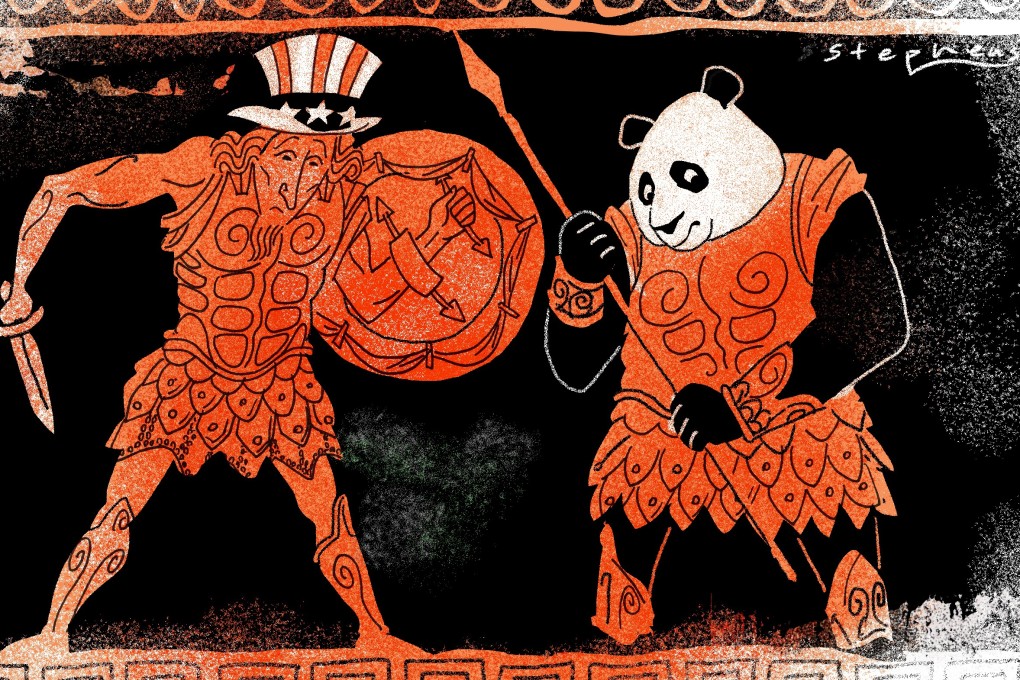Opinion | How talk of a clash of civilisations with China serves America’s purpose
- Civilisational fault lines are fluid and have been used throughout history to mobilise domestic support against a rising geopolitical rival. The US State Department’s appeal to an inevitable civilisational confrontation should be challenged

During my early graduate years at Beijing’s Tsinghua University, a Chinese professor castigated America as having the memory of a goldfish which, consequently, handicapped its strategic community with historic myopia. The professor argued that Chinese strategists, drawing on five millennia of civilisational continuity, see international politics in the longue durée., or long term.
An astute American student objected, arguing that the US, as the natural heir to Greece and Rome, also enjoys a multi-millennial history. He insisted that walking down Washington DC’s National Mall and reading the Federalist papers would provide sufficient evidence to back his thesis. Seemingly, two civilisations clashed in the classroom.
“We are Athens and the Chinese are Sparta,” Bannon often declared, adding that the US would have to compete with a civilisation which holds very different values than its own and has an equally competitive strategic culture, as evidenced in classics like Sun Tze’s The Art of War, where the acme of strategy is to win without fighting.
